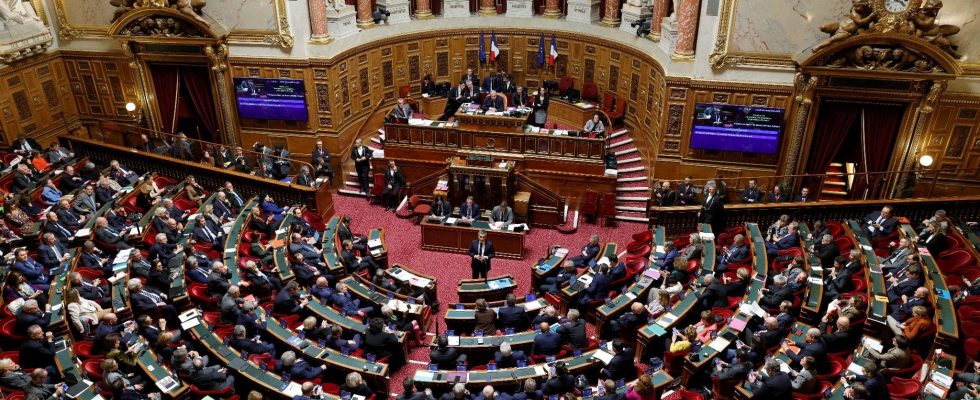Recent revelations on the very serious abuses of the Misa movement, perpetrated for many years, must alert us to the reality of an international phenomenon. While the government unveiled its national strategy to combat sectarian abuses a fortnight ago, Catherine Katz, former magistrate, now president of theUnadfi (National Union of Associations for the Defense of Families and Individuals Victims of Sects) and Francis Auzeville, retired gendarmerie lieutenant-colonel, president of the CCMM-Roger Ikor Center (Center against mental manipulation), drive the point home and are clear: legally, it is time to move up a notch and allow first responders, investigators and magistrates to be more effective in providing justice to victims.
A friend had this very apt expression: “When a guru is believed, the victim is cooked.” And the gurus are still too often believed while the victims struggle to be believed. And yet, there are more and more of them. We are not talking about a collection of news items here, but rather a worrying social issue. The figures are there: in its latest report, Miviludes reports a 33% increase in reports in one year and a doubling since 2015.
Once the diagnosis is made, we must find the means to respond. In other words, strengthen the legal arsenal. Our associations were calling for a legal text, because today it is the missing link.
The bill is going in the right direction
Our associations have been present on the ground alongside victims for several decades. If the About-Picard law was a major step forward, it is necessary, today, to take a new step and we welcome the work undertaken with Secretary of State Sonia Backès, taken up with energy by the Secretary of State. State to citizenship, Sabrina Agresti-Roubache who succeeded him.
The bill, as it was presented to us, is moving in the right direction. The new national strategy aims to better mobilize public authorities. We welcome this in the interest of the victims.
Given the acceleration of the sectarian phenomenon and the seriousness of certain situations, anything that can contribute to strengthening the legislative arsenal aimed at protecting people from sectarian dangers can only be encouraged. The bill creates in the Penal Code a new offense of placement or maintenance in a state of psychological or physical subjection and adds an aggravating circumstance to the offenses of attacks on property and people; it also provides for sanctioning provocation to abandon or abstain from care or to adopt practices exposing a serious risk to health through loss of opportunity.
Unadfi and the CCMM also want this law to facilitate their actions before the courts. Unadfi has been supporting victims before these courts for 27 years, due to its recognition of public utility. These two associations believe that Unadfi must be able to retain the entire scope of its recognition of public utility, in order to pursue this mission in the best conditions and to be joined by other associations wishing to do so.
Sectarian groups are numerous, their lobbies powerful. It is imperative that the State and the two assemblies tend to rebalance forces by giving associations in particular the means to act effectively against the criminal and criminal actions of sectarian movements.
Catherine Katz, President of Unadfi and Francis Auzeville, President of the CCMM
